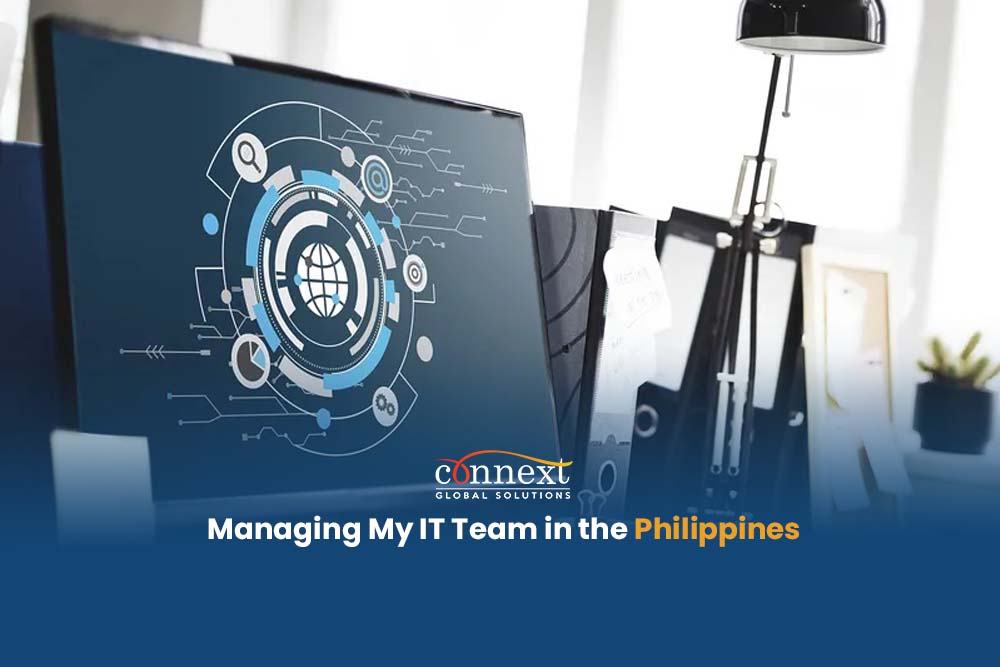According to the Bureau of Labor Statistics, the employment in computer and information technology occupations is projected to grow 13 percent from 2020 to 2030, faster than the average for all occupations.
IT sectors are largely delegating IT-enabled services through hiring remote teams, also called remote staffing, to meet the demands of the market. Global talent network Andela surveyed 100 CTOs and VPs of Engineering from a combination of high-growth startups (above 200 employees) and large enterprises. Its Remote Engineering survey found that prior to Covid, 13% of engineering teams were fully remote. As a result of the pandemic, that number has increased to 74%.
Remote staffing is the process of businesses hiring, building, managing a dedicated team or staff through an external or third-party service provider located either onshore, nearshore or offshore to support business processes.
In the IT Industry, businesses hire remote staff to handle IT services such as service desk, product or software development, implementation, and project management.
The Philippines is a global destination where businesses can easily hire and build a remote team of highly literate and experienced IT professionals.
The Philippine IT-BPM industry is one factor contributing to the growth of the Philippines. In a statement by the Information Technology and Business Process Association of the Philippines (IBPAP), revenues of the information technology and business process management (IT-BPM) industry grew by 7.1 percent to $26.3 billion last year from $24.5 billion in 2018.
There is a growing number of Philippine IT jobs. The number of full-time employees (FTEs) of the sector in the country increased by 23,000 in 2020, increasing the total industry headcount to 1.32 million.
If you plan to build and manage a remote team in the Philippines, here are best practices:
IT projects rely heavily on the technical expertise, workflow management, processes, delegation of service, team structure and overall setup to add business value and unlock growth.
Establishing aligned incentives and planned implementation methods are important in contributing to the success of an offshore IT team and growth of a business. Establish workflows, objectives, pricing models, terms, and requirements to your offshore IT team. Especially in project-based IT models, it is important to define specifications, the project scope, project timeline, available resources, and QA Testing methodologies.
For targeted process improvement, businesses should also have clearly defined set of Management Metrics. This will be the basis of quantifiable measures on the performance of your offshore staff.
Some metrics you need to establish and track with your offshore IT team are measuring the effectiveness of IT Help Desk, IT data security, and Software management.
Some popular IT Help Desk Outsourcing Metrics are:
- Uptime
- Downtime
- Turnaround time (TAT)
- Average Number of Resolved Tickets
- Tickets vs. turnaround time
- Issues vs. turnaround time
- Customer Satisfaction
Having clear objectives and metrics lead to efficient client and internal reporting (weekly, monthly, and quarterly). Remote staff can produce different types of reports measuring weekly utilization, employee performance, historical data, and operations.
Businesses and offshore teams can easily communicate regularly with their offshore IT team through cloud-based platforms.
Discuss progress reports, or concerns during weekly or monthly project updates. You can also identify problems, create solutions, analyze project plans, provide actionable feedback, review proposed modifications, and implement process improvements. You can also schedule reasonable timelines for targeted technical trainings.
Integrating industry-leading digital security and operating systems such as user desktop monitoring to cybersecurity software implementation is necessary in today’s workplace.
Ensure that your offshore IT partner has existing international and local compliance on technical aspects, data regulations and information security, processing integrity, confidentiality, data security and operating and network.
The ideal business process outsourcing provider should have SOC-2 and (HIPAA) Compliance to ensure capability in providing data security, availability, processing integrity, and confidentiality.
With industry-leading digital security systems, compliance requirements and processes paired alongside an experienced management team, your data is secure with Connext Global Solutions.
Connext Global Solutions is SOC-2 Certified and HIPAA Compliant and can manage data securely and protect the interests of their clients. The company has met compliance requirements and auditing processes such as security, availability, processing integrity, confidentiality, and privacy.
With Connext Global Solutions, you gain access to:
- Geographically diverse talent
- 100% virtual recruitment and employment process
- Productivity, utilization, and quality monitoring
- Dedicated account management
- Standing IT support
- Talent management and employee engagement









